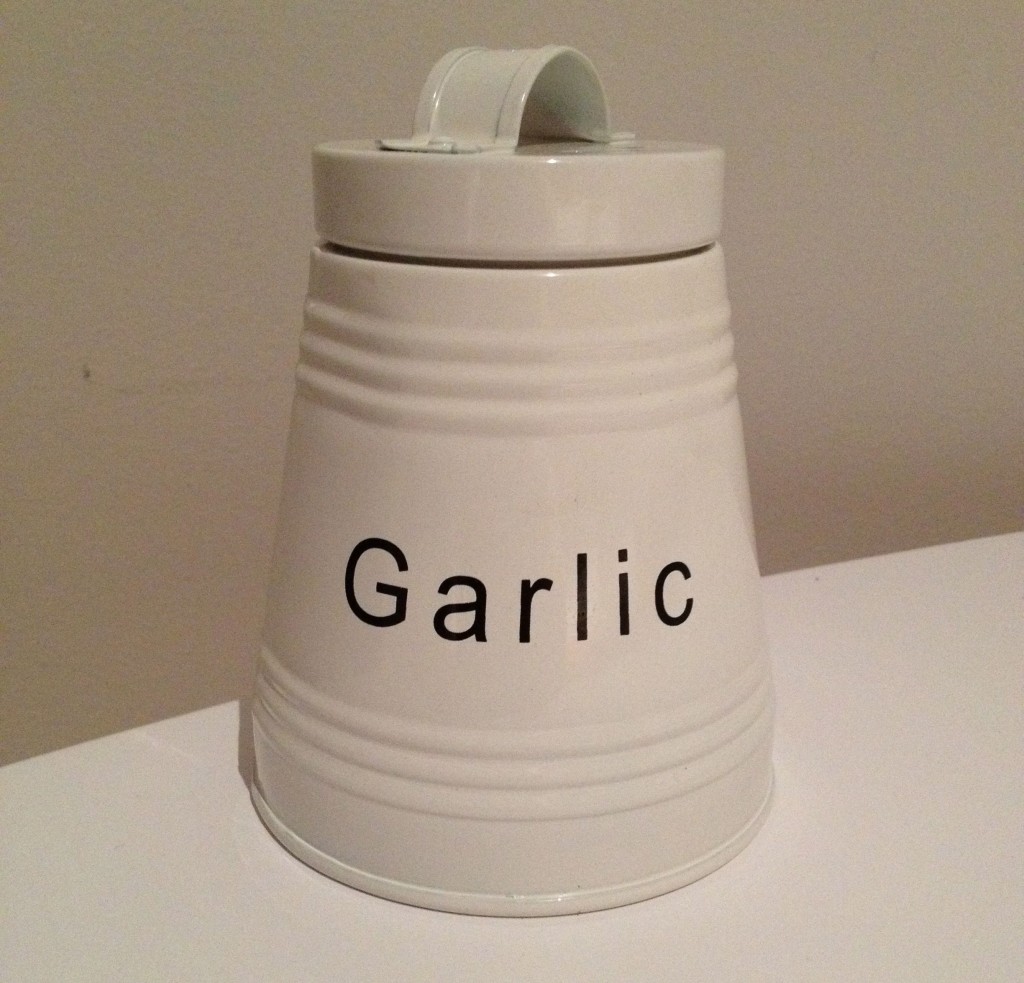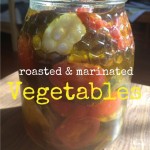Recently when I wrote about compost options for apartments I mentioned the statistic that 40% of the average Australian bin is made up of food scraps and whilst composting them is better than throwing them away, what would be even better is to avoid as much of the food waste as possible! So, today I wanted to share some hints and tips for storing common fruits and vegetables to lengthen their life, as there is nothing worse than going to the fridge and finding that your produce has gone limp, or even worse, black and gooey. That’s no fun for anyone!
I’d love to hear how you store your fresh fruit & veggies, so if you have any tips and tricks then please share them in the comments!
The first thing to note is you should keep fruit & vegetables separate as the fruits give off a gas called ethylene (a ripening agent) which will cause the veggies to ripen too soon, so make sure you separate things out! Keep everything loosely packed as well, you don’t want to jam too much into the produce part of the fridge as it will cause things to rot faster. Give everything some room to breathe!
You should also remove any ties or rubber bands from your produce before you store it as they can damage it and cause it to go off quickly.
Vegetables
- Keep garlic, onions, potatoes and sweet potatoes in well-ventilated spots away from direct sunlight
- Wash your leafy greens straight away, dry them thoroughly then refrigerate them wrapped in paper towel or a tea towel and placed in a ziplock bag (or similar)
- Other than leafy greens, don’t wash your produce until you are ready to use it
- Store veggies like carrots and celery in a container of cold water to keep them fresh and crispy, first removing the tops of the carrots and the excess leaves from the celery
- Veggies like eggplant, zucchini and cucumber shouldn’t be stored in the fridge as it saps their flavour, instead store in a cool spot away from direct sunlight, but use within a few days. Alternatively, if your house is warm then wrap them in paper towel and then place them in a plastic bag in your fridge
- Tomatoes don’t need to be put in the fridge, they will last fine on the bench
- Mushrooms are best kept in a paper bag
- Green beans should be stored in an open container with a damp cloth over the top, in the fridge
- Keep corn in its husk to keep it fresh, but ideally use ASAP as it loses flavour quite quickly after being harvested

Fruits
- You should ripen fruits like kiwi, nectarine, peaches, pears & plums on the counter, but once ripe they need to be refrigerated (or eaten!)
- Avocados ripen on the bench but you can slow the process by storing them in the fridge, then taking them out to ripen before using them
- Keep bananas away from anything you don’t want to ripen too quickly as it will speed the up the ripening process of anything around it
- Uncut melons can be stored outside the fridge, but cut melons should be refrigerated
Herbs
- Store your herbs standing in a small glass of water in the fridge, first trimming the ends and making sure to change the water regularly. Some herbs like mint benefit from having a small plastic bag put over the top to stop them wilting. If they are super fresh you can store them on the counter rather than in the fridge
- If you can’t get through your herbs you can cut them into small pieces and freeze with oil or melted butter in ice cube trays so you will always have small amounts on hand to cook with. Once they are frozen make sure you remove them from the ice cube trays and pop them in small plastic bags or containers so you can label what the herbs is, and stop it absorbing ‘freezer smell’
I hope this helps! I’d love to hear your tips and tricks in the comments!






Bernadette Eden
March 9, 2014 at 7:52 pm (10 years ago)Oh my goodness, this is exactly what I have been looking for. I’m planning on doing a full fridge/freezer organisation and one of the things to look at was how to store my fruit and veggies. Thanks!
I Spy Plum Pie (admin)
March 11, 2014 at 2:08 pm (10 years ago)Oh I’m so glad to hear you found it useful! I’d love to hear any tips and tricks once you’ve done your fridge/freezer organisation too!
Rebecca Clare
March 24, 2014 at 10:34 am (10 years ago)I was surprised a while back to find that onions release a fair amount of ethylene. But since separating them from our potatoes we’ve found that the potatoes last a lot longer. We also no longer have potatoes sprouting or going green before we have the chance to use them.
The ice cube trick you mention is also a great way to store home made pesto (or store bought, if you never get through a whole jar). We managed to minimise on waste from a bumper kale and rocket crop that way.
I Spy Plum Pie (admin)
March 24, 2014 at 12:18 pm (10 years ago)It’s amazing how big a difference it can make to the life of your veggies isn’t it? I keep my onions in a separate bag now, away from everything else!
Ice cubes are so good for storing small portions aren’t they? You can do the same with homemade stock, tomato paste, even smoothies! I’m building up quite the supply of containers full of ice cubes in my freezer right now!
Rebecca Clare
March 24, 2014 at 6:19 pm (10 years ago)I’m starting to think we need a chest freezer here.
Your blog is great by the way. xx
I Spy Plum Pie (admin)
March 24, 2014 at 6:22 pm (10 years ago)A chest freezer would be pretty great! Luckily I bought a pretty large fridge when I moved so there’s quite a bit of space but I’ll just have to make sure I keep using everything that’s in there! And thanks lovely, that’s very sweet xx